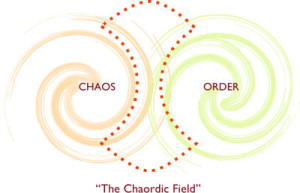 Managing your finances on top of the responsibilities of a modern family can feel like uphill chaos.
No matter how organized and well-intentioned you may be, reaching long term financial goals requires a level of commitment that can sometimes feel out of reach in your busy daily life.
I know for myself that some days it’s hard enough to find my wallet, nonetheless update our budget. The good news is that’s perfectly O.K. as long as you keep your family moving toward your goals.
Managing your finances on top of the responsibilities of a modern family can feel like uphill chaos.
No matter how organized and well-intentioned you may be, reaching long term financial goals requires a level of commitment that can sometimes feel out of reach in your busy daily life.
I know for myself that some days it’s hard enough to find my wallet, nonetheless update our budget. The good news is that’s perfectly O.K. as long as you keep your family moving toward your goals.
At least that’s one of the lessons I got from a recent reading for a work-related leadership training about Dee Hock, past CEO of Visa International. Hock is an amazing thinker who structured Visa around the fundamental organizing principles of nature and evolution. Visa is perhaps the largest global company in terms of customers and transactions, and this success wouldn’t have been possible without tapping into Hock’s “chaordic theory.”
Here are a few of my favorite quotes from Hock:
Money motivates neither the best people, nor the best in people. It can move the body and influence the mind, but it cannot touch the heart or move the spirit; that is reserved for belief, principle, and morality.
The problem is never how to get new, innovative thoughts into your mind, but how to get old ones out.
Clean out a corner of your mind and creativity will instantly fill it.
Make another list of things done for you that you loved. Do them for others, always.




